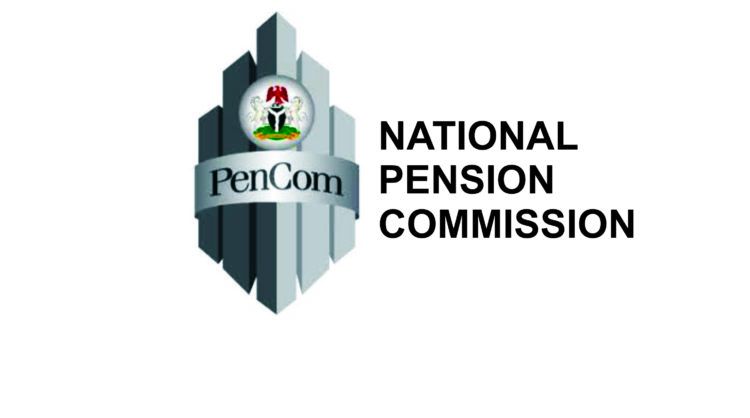The National Pension Commission (PenCom) has initiated a significant campaign to address the pervasive issue of unpaid pension contributions within the Nigerian media industry. This initiative aims to recover over N1.3 billion in outstanding remittances owed to journalists by various newspaper organizations across the country. The gravity of the situation was highlighted by PenCom’s Director-General, Ms. Omolola Oloworaran, during a visit to the Nigerian Press Council in Abuja. Oloworaran expressed deep concern over the widespread non-compliance with the Pension Reform Act 2014 (PRA 2014) among media establishments, emphasizing the legal and moral imperative for employers to remit pension contributions promptly. She stressed the importance of the media leading by example and ensuring that journalists, who often dedicate their careers to informing the public, can retire with dignity and financial security.
The core of the problem lies in the consistent failure of numerous media houses to remit the mandatory pension deductions into their employees’ Retirement Savings Accounts (RSAs). The PRA 2014 stipulates that employers must remit these contributions within seven days of paying salaries, a requirement many media organizations are blatantly disregarding. This negligence not only deprives journalists of their rightful benefits but also undermines the integrity of the pension system. To address this blatant disregard for the law, PenCom has deployed Recovery Agents to conduct thorough audits of defaulting media organizations. These agents are tasked with determining the precise amount of outstanding liabilities and imposing appropriate penalties, ensuring that media houses are held accountable for their non-compliance.
The collaboration between PenCom and the Nigerian Press Council marks a significant step towards enforcing compliance within the media sector. This joint working group represents the first focused initiative specifically targeting journalism institutions and underscores the seriousness with which both organizations are approaching this issue. The working group will collaborate to develop and implement strategies to ensure that media houses understand and comply with their obligations under the PRA 2014. This partnership signifies a commitment to not only recovering the outstanding funds but also to instilling a culture of compliance within the media industry, ultimately safeguarding the financial well-being of Nigerian journalists.
The Nigerian Press Council, through its Executive Secretary, Dr. Dili Ezughah, has pledged unwavering support for PenCom’s efforts. Ezughah has vowed to mobilize key stakeholders within the media landscape, including the Nigeria Union of Journalists (NUJ) and the Nigerian Guild of Editors (NGE), to address this challenge collectively. He emphasized that this is not simply a matter of policy enforcement but rather a critical issue concerning the welfare and future security of journalists throughout the nation. The commitment of the Press Council underscores the recognition of the vital role journalists play in society and the importance of ensuring their financial security in retirement.
The combined efforts of PenCom and the Nigerian Press Council represent a turning point in the pursuit of financial security for Nigerian journalists. For too long, many journalists have faced an uncertain future in retirement due to their employers’ negligence in remitting pension contributions. This initiative signifies a crucial step towards rectifying this injustice and ensuring that journalists receive the benefits they are entitled to. By holding media organizations accountable and fostering a culture of compliance, PenCom and the Press Council aim to create a more secure and dignified retirement for the men and women who dedicate their careers to informing the public.
This collaborative initiative sends a strong message to media organizations across Nigeria: compliance with the PRA 2014 is not optional. By deploying Recovery Agents, establishing a joint working group, and engaging key stakeholders, PenCom and the Nigerian Press Council are demonstrating their commitment to ensuring that journalists receive the retirement benefits they have earned. This action not only addresses the immediate issue of unpaid contributions but also lays the foundation for a more robust and equitable pension system within the media industry, ultimately contributing to the long-term well-being of Nigerian journalists.














